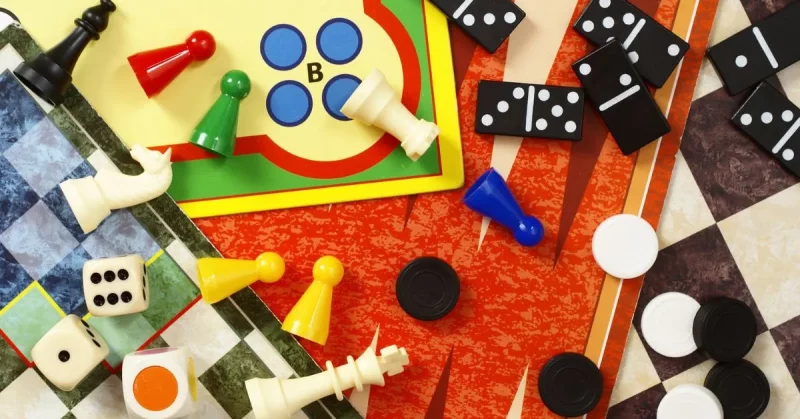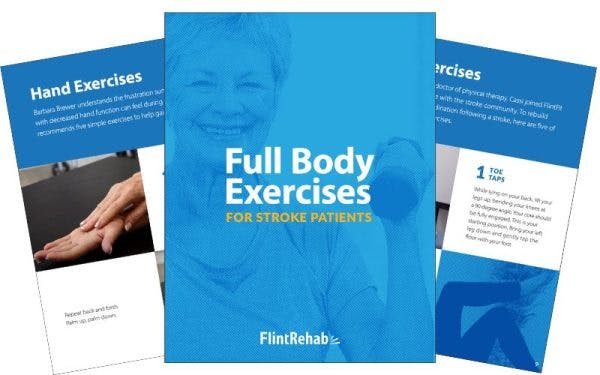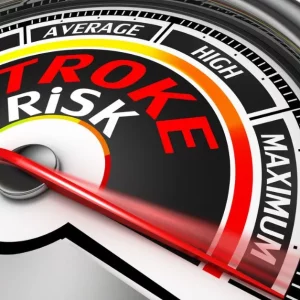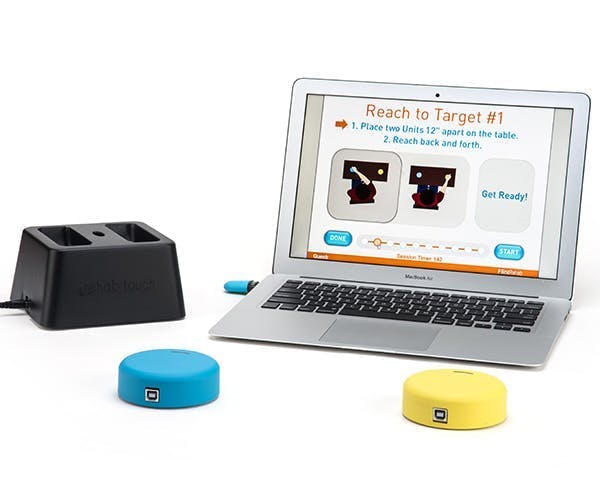Recovering from a stroke is often described as a marathon, not a sprint. The process involves physical effort, mental focus, and emotional resilience. But recovery isn’t only about structured therapy sessions, but about finding ways to reengage with life and connect with loved ones. And one surprising way to do that is through board games!
While it might sound simple, the right games can support rehabilitation in meaningful ways. They offer opportunities to practice movement, sharpen thinking, and most importantly, share laughter and connection.
Today we will take a look at some of the best board games for stroke survivors. Our list is focused on games that are adaptable and easy to play for individuals of all levels.
So without further delay, let’s jump right in!
Why Board Games Can Support Recovery
If you’ve ever sat around a table with friends or family, you know games bring people together. For stroke survivors, that sense of belonging is especially important. But board games also bring other benefits for stroke survivors that sometimes aren’t always obvious.
- For the brain: Strategy, memory, and word-based games keep the mind active, which supports neuroplasticity or the brain’s ability to rewire and form new connections after injury.
- For the body: Small movements like rolling dice, flipping cards, or moving tiles are a chance to practice motor control without it feeling like a therapy drill.
- For the heart: Recovery can feel isolating. Sitting down for a game creates shared laughter, teamwork, and moments that remind survivors they’re not defined by limitations.
The best games strike a balance between being stimulating and being accessible, offering just enough challenge to feel rewarding without becoming overwhelming.
Choosing the Right Game and Setting Up for Success
Not every game will be enjoyable or practical after a stroke. The key is finding games that meet survivors where they are while still feeling fun.
- Ease of Play: Too many rules can create stress. Simpler formats with clear instructions usually work best.
- Adaptability: Look for large pieces, bright colors, or versions with oversized cards. These small adjustments make a big difference.
- Social Engagement: Games that invite interaction, cooperation, or humor help survivors feel connected rather than evaluated.
- Flexibility: Rules don’t have to be rigid. Families can adapt scoring systems or take breaks as needed.
By setting up the right environment, board games become an opportunity for inclusion instead of a source of frustration.
Best Board Games for Stroke Survivors During Recovery
1. Scrabble (or Large Print Scrabble)
For survivors working on speech or memory, Scrabble is more than a pastime. Each word built is a gentle exercise in recall and language practice. Larger tiles make handling easier, so the focus stays on creativity rather than frustration.
Shop Large Scrabble Board Games on Amazon
2. Uno
Uno is lighthearted and straightforward, making it easy to play even when attention spans are short. Matching colors and numbers sharpens quick recognition skills, and oversized card versions reduce the strain of holding a hand of cards.
3. Connect Four
Dropping a checker into place might seem simple, but it’s surprisingly satisfying. The game builds strategy in a way that feels accessible. Larger versions with oversized pieces add an extra layer of ease while keeping the fun intact.
4. Checkers
With its turn-based pace and simple rules, Checkers offers survivors the chance to plan ahead without being overwhelmed. Using larger boards and pieces makes it more comfortable, ensuring the focus stays on strategy rather than dexterity.
Shop Large Checker Boards on Amazon
5. Qwirkle
This tile-matching game is as colorful as it is simple. Matching by color or shape builds visual recognition, while the sturdy wooden tiles are easier to grasp than small plastic pieces. Survivors often find themselves drawn to the patterns, which grow more rewarding as the game progresses.
6. Sequence
Part strategy, part chance, Sequence blends cards with a game board in a way that’s easy to learn but still satisfying. Each turn is short and clear, making it a great option for families with different age groups or attention levels.
7. Blokus
Blokus feels like a puzzle but with plenty of interaction. The challenge of fitting pieces into the grid sharpens spatial awareness, while the brightly colored tiles add visual stimulation. Because the pieces are chunky and easy to handle, survivors can focus on strategy instead of fine motor struggles.
8. Rummikub
Numbers become more fun when they’re played like this. Building runs and sets with tiles strengthens sequencing and flexible thinking. The tactile nature of the tiles also makes the game easier to manage than shuffling cards.
9. Codenames: Duet
This cooperative word game is played in pairs. For survivors working on speech or word recall, it offers gentle practice in a way that feels like teamwork rather than therapy. Every correct guess becomes a shared success.
10. Scattergories
By prompting players to think of words within categories, Scattergories doubles as language practice. Survivors can take their time or skip the timer altogether, turning what could be stressful into a supportive challenge.
Making Games More Accessible for Stroke Survivors
Even the most engaging boards games for stroke survivors can feel out of reach without small adjustments. Depending on the individual, caregivers and families can make play more inclusive with a few simple steps:
- Use card holders to help survivors manage hands of cards.
- Choose large-print or oversized editions of popular games.
- Modify rules and scoring to focus on fun over competition.
- Create a supportive atmosphere, where effort is celebrated as much as success.
These changes can transform a game night from intimidating into empowering.
For Families and Caregivers: Why It Matters
Bringing out a board game may seem small, but for stroke survivors, it can mean a lot. Games remind them that they’re not sidelined; they’re still part of the fun, still part of the conversation, still part of the family.
Research has shown that individuals are likely to experience depression and social isolation after stroke. Games can serve as a fun and engaging way to bring loved ones together, fostering a feeling of togetherness and positivity.
The point isn’t whether they win or lose. It’s the chance to share moments of connection, to laugh at a silly mistake, to celebrate a clever move, and to rediscover joy in everyday life. For many caregivers, those smiles are the best therapy of all.
Final Thoughts: Focus On Finding Ways to Improve Through Play
Stroke recovery asks a lot from survivors and their families. Between exercises, doctor visits, and the ups and downs of healing, it can feel like life is on pause. Board games offer a way to press “play” again both literally and figuratively.
They strengthen minds and bodies, but perhaps more importantly, they remind survivors of who they are outside of recovery.
We hope you enjoyed this and are able to incorporate some new games into your recovery routine!









